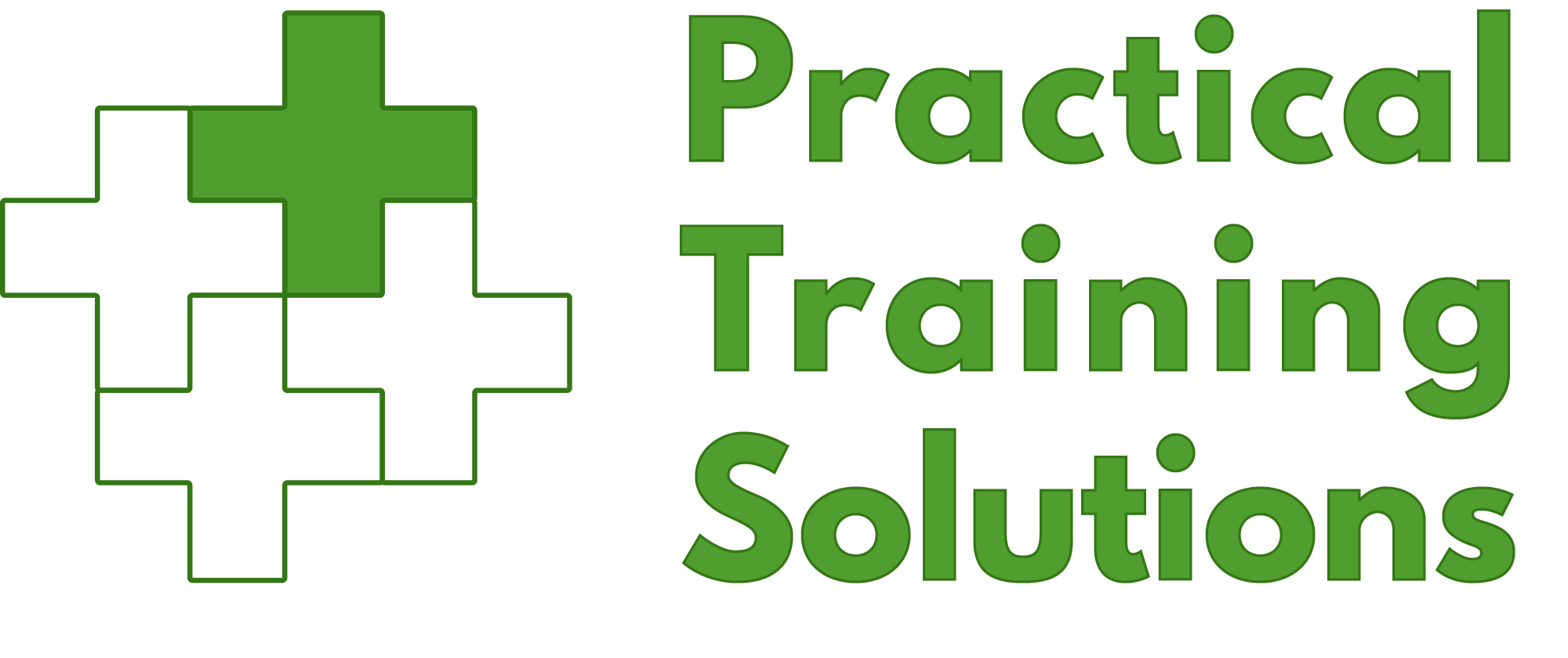Head injury management
Immediate Management
- Call an ambulance if there has been a loss of consciousness or altered consciousness at any time, no matter how brief, or if they are unable to move some limbs or have neck pain
- Protect the neck whilst maintaining a clear airway
- Identify and control any significant bleeding with direct pressure if possible
- Keep the person calm

All victims who appear to have suffered a head injury (including a minor head injury) should be assessed by a health care professional before continuing with sport or other activity.
For the first 24-48 hours after a mild head injury
- Allow your brain time to rest and heal as you would for a muscle strain
- Apply a cool pack for 10-20 minutes, every 2 to 4 hours.
- Low impact, low intensity exercise has been shown to assist recovery – slow walking on level ground, slow cycling on static bike low resistance. For 10 – 15 minutes once or twice per day.
- Participating in simple activities of daily living around the home for short periods of time, 10-15 minutes. Will also aid recovery.
- Avoid using screens – tv, mobile, computer. Use of screens is very hard work for the brain as there is a lot of fast moving visual and auditory stimulus. Short phone calls to keep in contact with others are fine, kept texting and emails to simple short messages and just do one at a time with a decent rest period between each message. Do not game, scroll social media or use video conferencing.
- Sleep – you may need more sleep to allow the brain to recover. Initially allow sleep, just ensure the person can be easily woken every 2 hours for the first 4-6 hours. Beyond this, if you are having a day time nap then it is best to have this in the late morning or early afternoon so that it does not affect your usual night time routine. 20-30 minutes is often enough to allow the brain to recharge. Think of this as “investing in your recovery” rather than “having a nana nap”
- Work and Study usually need a minimum of 2 days off from work and study. If you need longer your health professional can provide guidance around this.
- Avoid driving for the first 48 hours. You need to have no dizziness, be able to maintain concentration, judge distances, and react quickly to unexpected hazards before you can return to driving.
- Avoid alcohol, caffeinated/energy drinks and recreational drugs until symptoms have resolved. Use of these can increase symptoms and will slow recovery.
- Where possible avoid air travel for the first 24-48 hours.
- Pain relief, you can use Paracetamol/Panadol for headaches in first 48 hours. After 48 hours you can use anti-inflammatories such as ibuprofen as guided by your health professional.

When to seek help
- If there has been a loss of consciousness or altered consciousness at any time
- Unable to move some limbs or have neck pain
- Headache gets worse
- Very drowsy or can’t be woken
- Vomit more than 3 times
- Cant recognise people or places
- Pass out or have a blackout
- Behave unusually or seem confused
- Have a seizure
- Weak arms or legs or are unsteady
- Slurred speech
